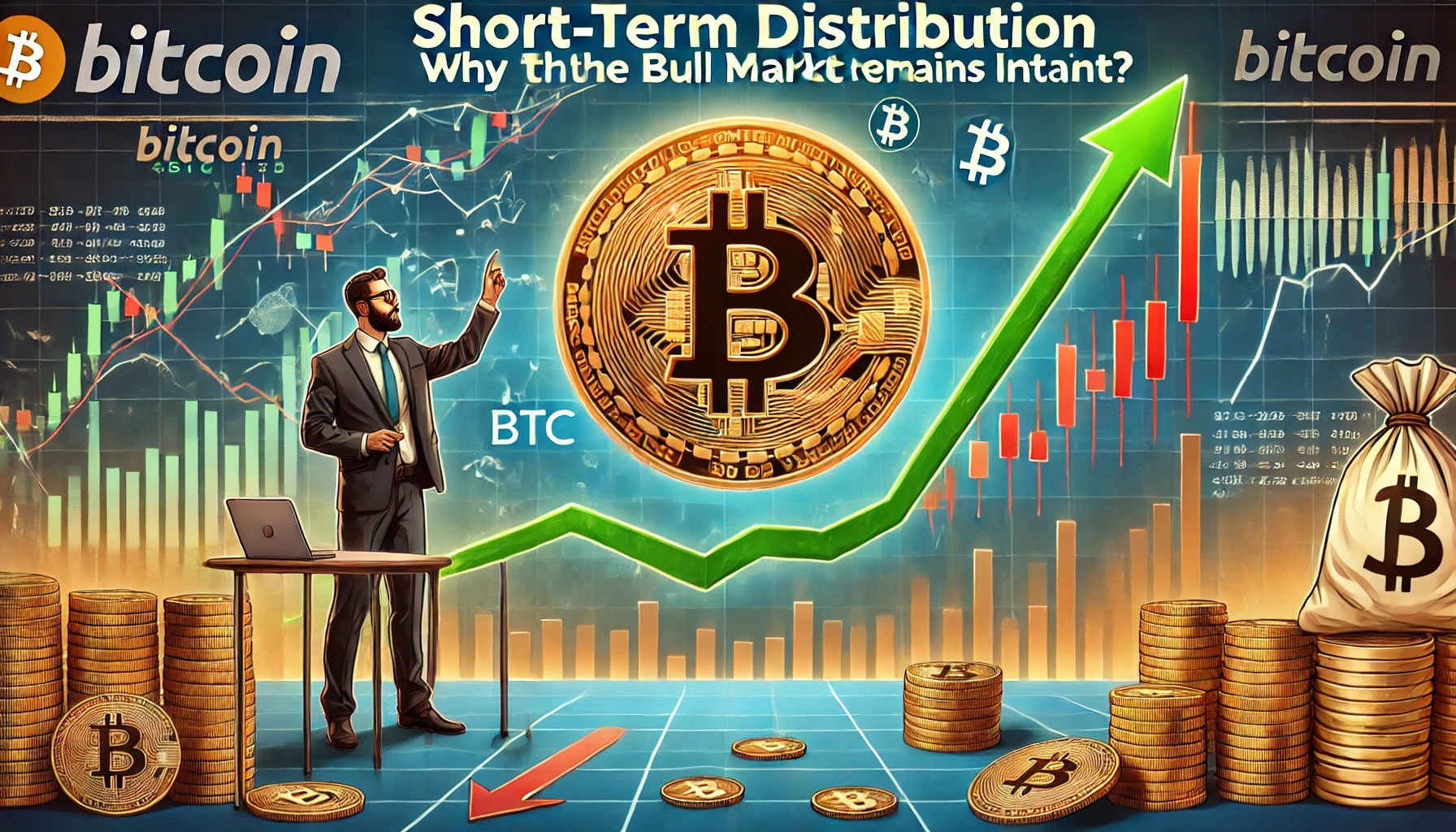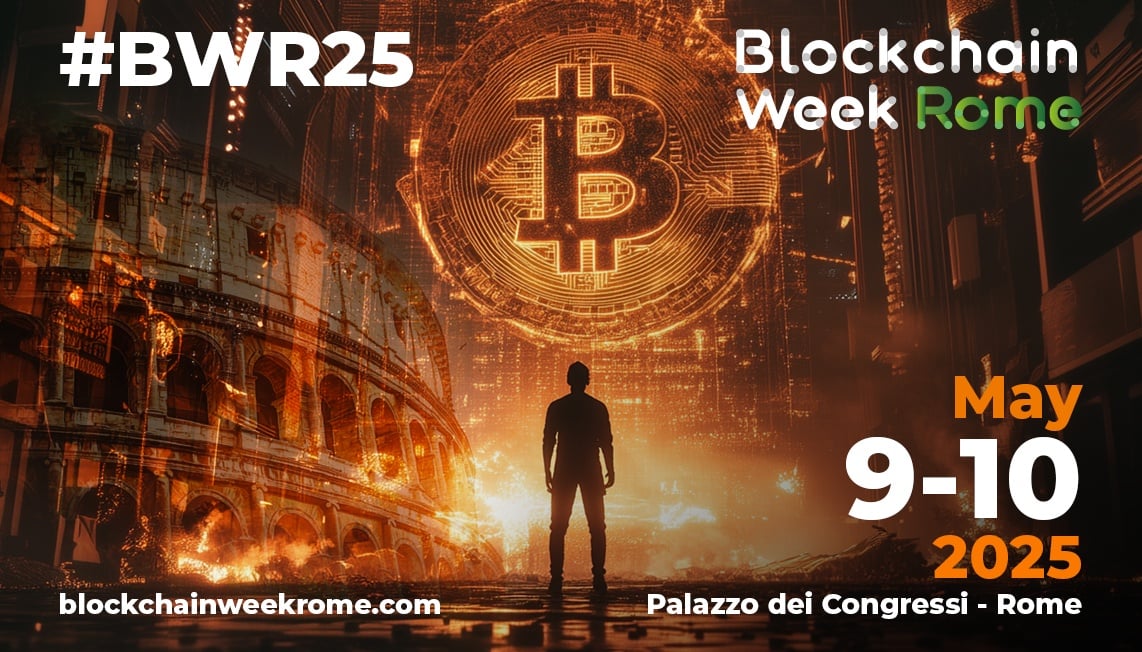The world of Non-Fungible Tokens is firing on all cylinders. As more creators flock to this industry, they will seek out the best platforms to mint and share their creations. Numerous NFT platforms are worth paying attention to today and in the future.
Finding The Best NFT Platforms
As there is a lot of interest in Non-Fungible Tokens today, it is only normal to see more competition among blockchains and platforms. Gaining traction in this industry can prove somewhat challenging as there is a lot of stiff competition going on already. Below are some examples of current top NFT platforms and future projects worth keeping an eye on.
Enjin
As a powerful blockchain ecosystem with a strong focus on gaming, Enjin has branched out into the NFT segment some time ago. Giving users the ability to create Non-Fungible Tokens without coding and integrating them into the tools they already use creates an appealing use case. For some time now, there have been efforts to revamp video game economies through blockchain-based assets. NFTs Appear to be a good fit to develop and monetize the virtual worlds of tomorrow, otherwise known as the ‘metaverse’.
A bonus of exploring Enjin is how it ensures creators are paid automatically when users trade assets. The trading can be done peer-to-peer or through the native Enjin Marketplace. Enjin provides several good reasons for creators to embrace blockchain for Non-Fungible Token creations with the help of mass asset distribution, event triggers, and convenient wallet linking features.
SuperFarm
Several projects aim to commit to innovation and become an NFT industry-leading platform. An ambitious goal may prove somewhat tricky to achieve these days, as many platforms for users can choose from. SuperFarm prides itself on NFT farming, video game support, creations by celebrities and brands, and building a growing influencer network.
For NFT platforms to remain successful, it is essential to introduce new product releases depending on community input. Additionally, SuperFarm favors interoperability and cross-chain support, making it easier for users to access, use, and sell NFTs than some other platforms. These native features create a compelling option for both users and creators.
Ethernity
The Ethernity platform is an exciting addition to the world of Non-Fungible Tokens. By catering to renowned athletes, celebrities, and other creators, the platform provides exposure to exclusive and limited edition NFTs. As a community-oriented platform producing these authenticated NFTs and trading cards, there has been plenty of interest in what Ethernity aims to provide.
However, there is a secondary purpose to Ethernity. The team intends to raise money for charitable causes forever, adding a social angle to the creation and distribution of NFTs. Additionally, the unique DeFi applications create options for token holders to farm rare NFTs, Stake, Farm, and vote on proposals. An exciting approach to this competitive space.
Binance NFT
Although the Binance NFT platform has not gone live yet – it launches in June 2021 – there is already a lot of excitement. With ties to the biggest cryptocurrency exchange, users can benefit from the “best NFT crafting and trading experience ever”. Not too many details about the platform are known, although there will be regular drops and educational material for those looking to become future NFT crafters.
Binance is currently conducting an NFT innovative creators program, which runs until May 31st. Creators can list their artworks during the first month of the platform launch and benefit from promotion by Binance through the company’s social media channels. Moreover, Creators will receive 99% of the profit for the first sale of their NFTS and a 1% royalty payment from subsequent trades.
Splyt
There has never been any lack of innovation in the cryptocurrency and blockchain industry. Splyt is trying to put a different spin on Non-Fungible Tokens by introducing eNFTs representing real-world items. Combining the worlds of e-commerce and NFTs can yield some exciting use cases for brands and artists alike. Moreover, stores could tokenize their products as eNFTs and use the blockchain as an inventory system. As no NFT can be sold twice, there can be no knock-offs of counterfeits.
Like some other NFT platforms, Splyt ensures that all eNFTs have built-in commissions to avoid signing contracts as an affiliate looking to sell products. Every sale results in affiliates getting paid immediately without going through lengthy procedures to get one’s money. Splyt can prove to be a very powerful tool in this space with its reputation and dispute features.
Hoard
After more than a year in development, Hoard has finally launched their NFT marketplace. Other than enabling NFT discovery and trading Hoard enabled a unique feature which allows traders to engage in a lend and borrow protocol with NFT as collateral.
Borrowsers looking for a loan can put forth their idle NFT as collateral and get an attractive loan from traders or investors holding crypto that they want to put to use. The team is also working on a flash loan functionality that will mitigate the risk, cutting down the loan time exponentially.
Closing Thoughts
There are plenty of NFT platforms worth keeping an eye on today and in the future. Platform operators need to keep innovating and push the boundaries of what is possible with blockchain technology. Whether it is catering to celebrities and athletes or tapping into e-commerce, the opportunities are virtually limitless.
Moreover, it is good to see a growing focus on interoperability and cross-chain support. Rather than fracturing the blockchain landscape further, the time is now to bridge the gaps between ecosystems and explore new opportunities that will arise from doing so. Non-Fungible Tokens will not disappear anytime soon, as there is still plenty of room for competition and innovation.
Disclaimer: This article is provided for informational purposes only. It is not offered or intended to be used as legal, tax, investment, financial, or other advice.
Credit: Source link























